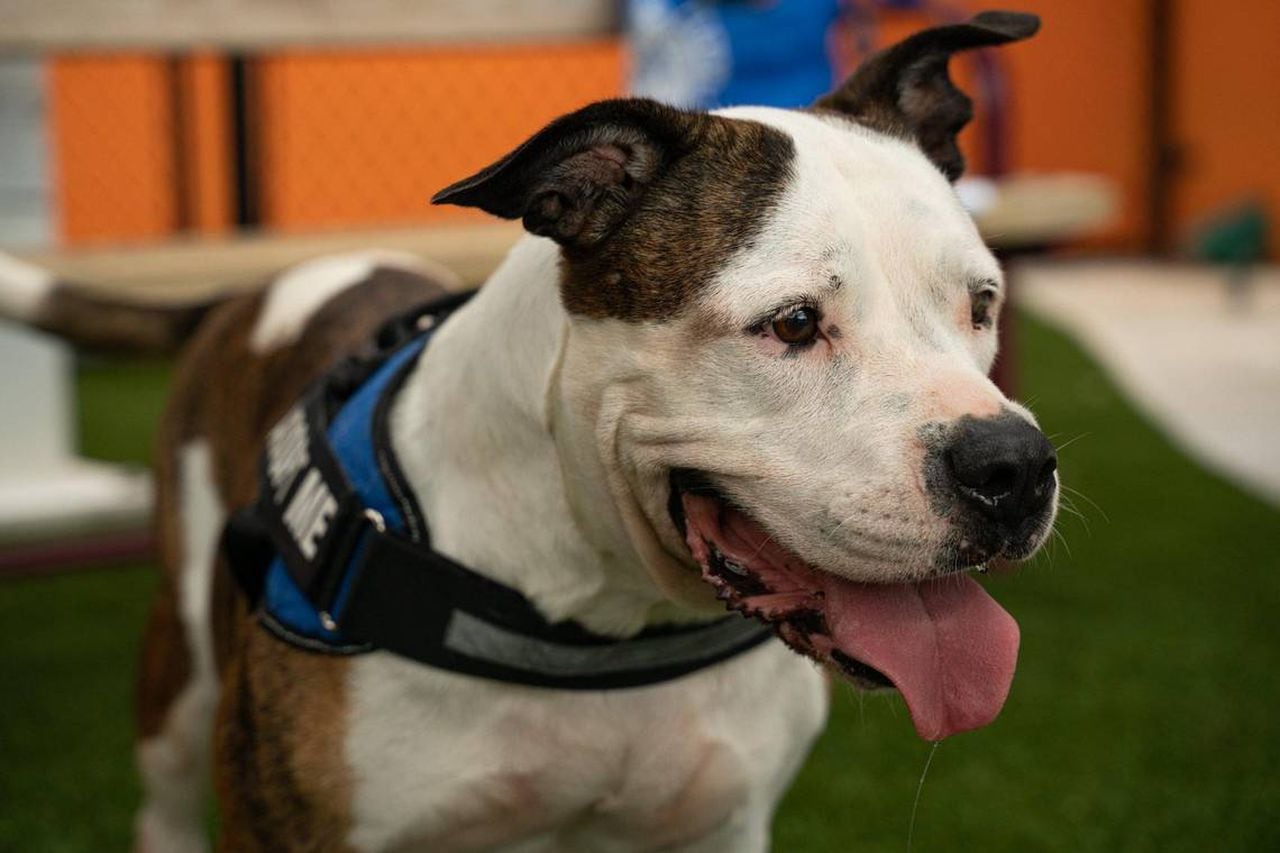Mystery dog illness spreads to 14 states
A mysterious and potentially deadly respiratory illness in dogs has spread to 14 states, according to a veterinary organization.
The largest number of cases – 200 – are in Oregon, USA Today reported. The other 13 states – California, Colorado, Florida, Georgia, Idaho, Illinois, Indiana, Maryland, Massachusetts, New Hampshire, Rhode Island, Vermont and Washington – haven’t reported individual numbers.
Dr. Rena Carlson , president of the American Veterinary Medical Association told USA Today the cause of the illness remains under investigation. Symptoms start with a cough that can last for weeks, runny eyes and sneezing. The most serious cases evolve into pneumonia. It can be deadly, most likely for dogs with weakened immune systems or underlying health issues, experts said.
If a dog has a cough that won’t stop along with other respiratory symptoms, experts recommend contacting a veterinarian immediately.
Advice for pet owners:
- Make sure all dogs are up-to-date on all their vaccines including canine influenza, Bordetella and parainfluenza.
- For event organizers: Dogs should have a health check 12-24 hours before the event. Have a DVM onsite checking dogs for health issues (mild nasal discharge, cough, elevated temperature, being off food).
- Consult with your veterinarian for dog-specific advice before attending any events where dogs are congregated.
The Oregon Veterinary Medicine Association offers additional recommendations:
- Reduce contact with large numbers of unknown dogs. Just like with other respiratory pathogens, the more contacts your dog has, the greater the risk of encountering a dog that’s infectious.
- Reduce contact with sick dogs. This can be harder to determine but if a dog looks sick (coughing, runny nose, runny eyes), keep your dog away from it.
- Keep sick dogs at home and seek veterinary care.
- Avoid communal water bowls shared by multiple dogs.
- Ask your veterinarian for advice on which vaccinations your dog should have. Common vaccinations include canine influenza, Bordetella and parainfluenza.
- If it’s sick, consider having your dog tested with a PCR test to help determine the cause, (viral/bacterial), if possible.
